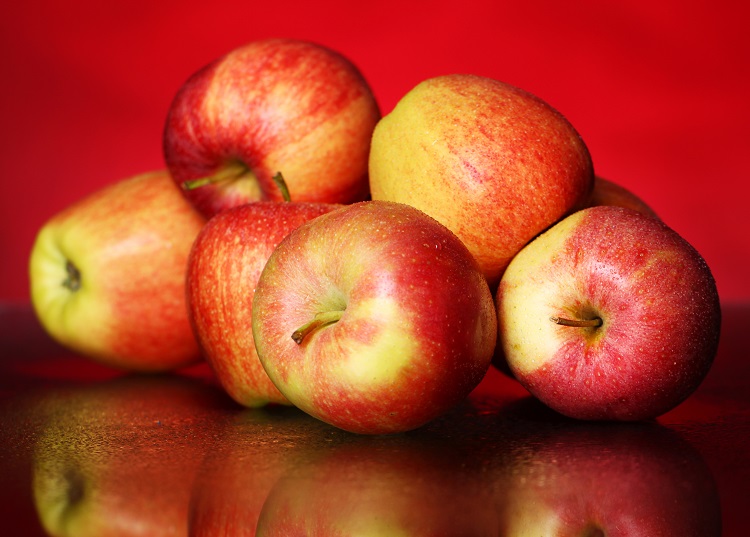Harvesting History: The Evolution of Apple in Poland
Poland, a country with a rich agricultural heritage, has been a nurturing ground for various fruits, but perhaps none has played a more significant role than the apple. The evolution of apple in Poland is a fascinating journey through time, tracing the development of orchards, the introduction of diverse apple varieties, and the cultural significance of this beloved fruit.
The Roots of Polish Apple Orchards
The history of apple in Poland can be traced back centuries, with evidence of apple cultivation dating as far back as the medieval times. Early Polish orchards were often small, family-run affairs, where the fruit was cultivated for personal consumption rather than commercial purposes. Orchards, dotted across the Polish landscape, became integral to rural life, serving as a source of sustenance and a symbol of fertility.
Introduction of New Varieties
As trade routes expanded and connections with other European nations deepened, Poland saw an influx of new apple varieties. The 18th and 19th centuries marked a period of transformation as orchardists began experimenting with grafting and cultivating different apple breeds. This led to the introduction of a diverse range of apples, each with its unique flavor profile, texture, and uses.
One notable figure in this evolution was Stanisław Kostka Potocki, a Polish nobleman and horticulturist known for his contributions to apple cultivation. Potocki played a crucial role in popularizing the cultivation of apples and improving orchard management techniques. His efforts laid the foundation for the orchards we see today.
The Cultural Significance of Apples
Apples have embedded themselves in Polish culture, becoming an essential part of festivals, traditions, and culinary practices. The annual apple harvest is not merely an agricultural event; it is a celebration of abundance and a time for communities to come together. From the iconic apple-picking festivals in the countryside to the traditional crafting of apple-based delicacies, the fruit has woven itself into the fabric of Polish life.
Challenges and Innovation
The journey of apple in Poland has not been without challenges. Changing climate patterns, pest infestations, and economic shifts have posed threats to orchards across the country. However, the resilience of Polish orchardists and their commitment to sustainable practices have spurred innovation. Today, modern techniques, including integrated pest management and organic cultivation, are employed to ensure the continued success of Poland’s apple industry.
Looking to the Future
As Poland moves into the 21st century, the apple remains a symbol of continuity and adaptation. The country continues to evolve its orchards, incorporating technology and sustainable practices to meet the demands of a changing world. The apple orchards of Poland stand as a testament to the nation’s agricultural heritage and its ability to adapt while preserving the essence of its past.
In conclusion, the evolution of apple in Poland is a story of growth, adaptation, and cultural integration. From humble beginnings in family orchards to the sprawling commercial ventures of today, the apple has become more than just a fruit; it is a symbol of Poland’s agricultural prowess and a testament to the enduring connection between the land and its people.

